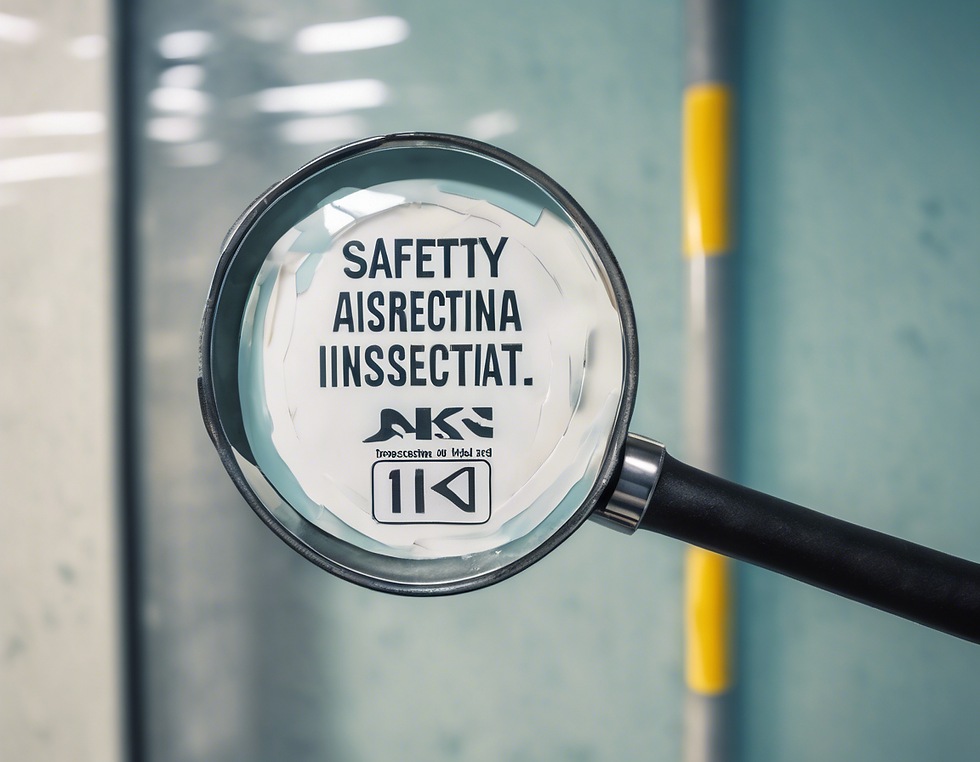Unlocking the Secrets to Infection Control Auditing Success
- Gleeson Healthcare Consultancy
- Feb 25, 2025
- 2 min read
Updated: Mar 2, 2025
Infection control auditing is a crucial aspect of maintaining a safe and hygienic environment in healthcare facilities. It entails assessing and monitoring practices to prevent and control the spread of infections. A successful infection control audit not only ensures compliance with regulations but also safeguards the well-being of patients and staff.

To unlock the secrets to infection control auditing success, one must understand the key components that contribute to a comprehensive and effective audit process. Here are some essential tips to help you navigate the intricate world of infection control auditing:
Thorough Knowledge: A deep understanding of infection control principles, guidelines, and best practices is essential for conducting successful audits. Stay updated on the latest industry developments and regulations to ensure compliance and accuracy in your assessments.
Attention to Detail: Paying close attention to detail is paramount in infection control auditing. Be meticulous in your observations and documentation to identify potential risks and areas for improvement accurately.
Communication Skills: Effective communication is crucial when conducting audits. Clearly articulating findings, recommendations, and action plans to stakeholders is key to driving meaningful change and promoting a culture of safety and hygiene.
Collaboration: Collaboration with stakeholders, including healthcare professionals, infection control teams, and facility management, is vital for the success of infection control audits. By working together, you can leverage collective expertise and resources to address identified issues comprehensively.
Utilization of Technology: Embracing technology can enhance the efficiency and accuracy of infection control audits. Utilize digital tools and software to streamline data collection, analysis, and reporting, allowing for real-time monitoring and tracking of audit outcomes.
Continuous Improvement: Infection control auditing is an ongoing process that requires continuous learning and improvement. Regularly review and update audit protocols, incorporate feedback from stakeholders, and adapt to emerging trends and challenges in infection prevention and control. By incorporating these essential elements into your infection control auditing practices, you can unlock the secrets to success and make a significant impact on the safety and quality of healthcare environments. If you're looking to elevate your infection control auditing capabilities, consider partnering with a specialized consultancy like Gleeson Healthcare Consultancy. Their expertise and unique approach to infection control audits can help you achieve comprehensive and effective results that set you apart in the industry. Remember, infection control auditing is not just about ticking boxes; it's about safeguarding lives and promoting a culture of safety and excellence in healthcare. Embrace the secrets to success, and elevate your infection control auditing practices to new heights.


Comments